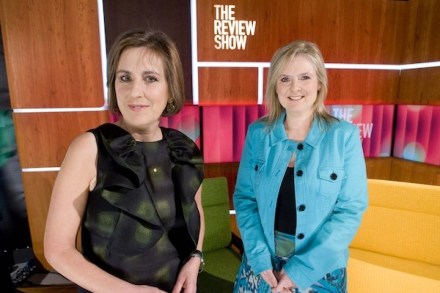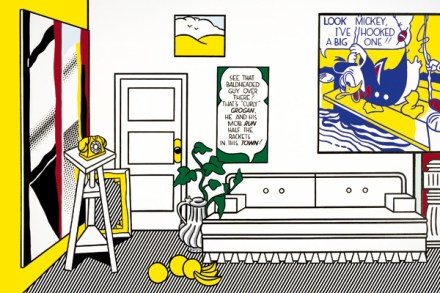Reason over passion
This year’s London Handel Festival got under way, as usual, with an opera production at the Royal College of Music’s Britten Theatre. Imeneo, a late opera of Handel, is unusual in several respects. While it is concerned with amorous intrigue and frustration, there is no dynastic or other political dimension, a welcome change, and one that results in the work’s lasting only two hours. There seems, too, to be an element of self-parody: in Act III the central female character Rosmene, with whom both the chief male characters, Tirinto and Imeneo, are in love, manages to avoid responsibility for her choice between them by feigning madness, singing randomly and swooning.

















